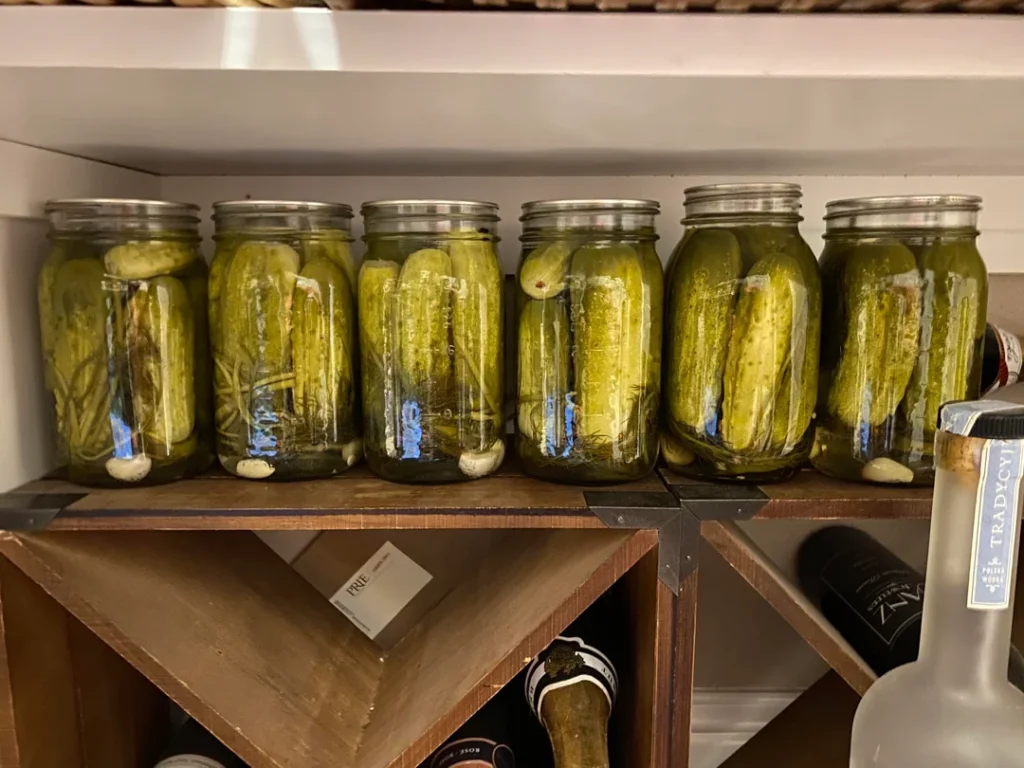MEABNOTE: I’ll be going on a blogging vacation at the end of the year and there won’t be any daily posts between December 15 and December 31, at least none from me. We may have guest posts during that period, but that depends on you sending me some. On January 1(ish), we’ll celebrate with the 2025 version of Travel Hacking as Told by GIFs.
Introduction
American Express, Wells Fargo, Chase, Citi, Bank of America, FakeBank LLC, FakeFinTech LLC, Rob’s Credit Union, and lots of others issue cards that have annual credits tied to a calendar year. When you pair that with the note that most issuers also let you refund an annual fee up to 30 days after it posts, you arrive at December being the best churning month of the year because:
- The first statement is usually 30 days after approval
- Your annual fee usually posts on the 12th statement (at 360 days, roughly)
- You can usually request an annual-fee refund within 30 days
This obviously doesn’t work for issuers that don’t issue annual-fee refunds though, like banks that rhyme with schmapital bun. It’s also a ymmv proposition with Bank of America, but it works there in the majority of cases.
The Actual Triple Dip
Because a card approved in December spans the calendar years 2025, 2026, and 2027 with a single paid annual fee, you can earn annual credits in all three years, hence the term “triple”. Because it’s silly that banks let us do that, we add the term “dip” (I couldn’t be bothered to fact check this part).
An Example
How about our good friend the American Express Business Platinum? Annually, you’ve got credits to cover things like:
- $200 airline incidental
- $150 Dell credit + $1,000 Dell credit
- $600 annual Fine Hotels and Results credit
- $360 Indeed credit
- $250 Adobe credit
So if you apply for a card in December, your 12th statement won’t generate until between mid-December 2026 and mid-January 2027. Once that happens, you’ve still got another 30 days for games and an annual fee refund. With a single annual fee, you’d be able to get:
- $600 in airline incidental credits (2025, 2026, and 2027)
- $450 + $3,000 in Dell credits (2025, 2026, and 2027)
- $1,200 in Fine Hotels and Resorts credits ($300 for 2025, 2*$300 for 2026, and $300 for 2027)
- $1,080 in Indeed credits (2025, 2026, and 2027)
- At least three migraines while dealing with the Adobe credits (various)
Good luck out there, and have a nice Tuesday friends!
Next time: Failed triple dips.







